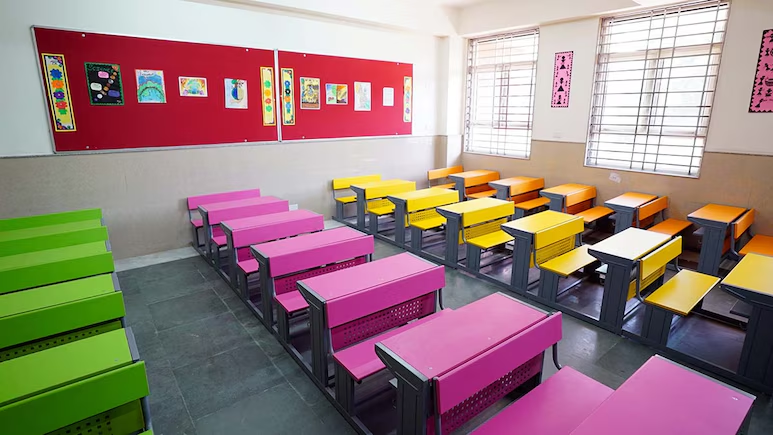
The Union Cabinet has approved the new National Education Policy, or NEP. The new NEP will replace the existing National Policy on Education of 1986 and last modified in the year 1992. The new NEP 2020 has introduced a new option for the students of undergraduate degree courses to exit the course and enter within a stipulated period.
With the introduction of this new provision, students can take a break from the undergraduate course and come back again within a specified period without missing the credits earned during the previous session.
The new NEP also mentions the provision of appropriate certifications after every year of undergraduate programme including a Certificate after completing one year in a discipline or field including vocational and professional areas, or a Diploma after two years of study, or a Bachelor's degree after a three-year programme.
According to the new NEP 2020: “The undergraduate degree will be of either 3 or 4-year duration, with multiple exit options within this period, with appropriate certifications, e.g., a certificate after completing 1 year in a discipline or field including vocational and professional areas, or a diploma after 2 years of study, or a Bachelor's degree after a 3-year programme.”
“The 4-year multidisciplinary Bachelor's programme, however, shall be the preferred option,” the NEP 2020 adds.
NEP 2020: Free Exit-Entry Option
An Academic Bank of Credit, or ABC, will be established to digitally store the academic credits earned from various recognised higher educational institutes so that the credits earned in the previous years can be awarded after entering into the programme again. With this ABC, the fear of wastage of years is avoided.
NEP 2020: Degree With Research
The new NEP also mentions that the four-year programme may also lead to a degree ‘with Research' if the student completes a rigorous research project in their major area(s) of study as specified by the higher educational institutes, or HEIs.
The HEIs will focus on research and innovation by setting up start-up incubation centres, technology development centres, centres in frontier areas of research, greater industry-academic linkages, and interdisciplinary research including humanities and social sciences research.

